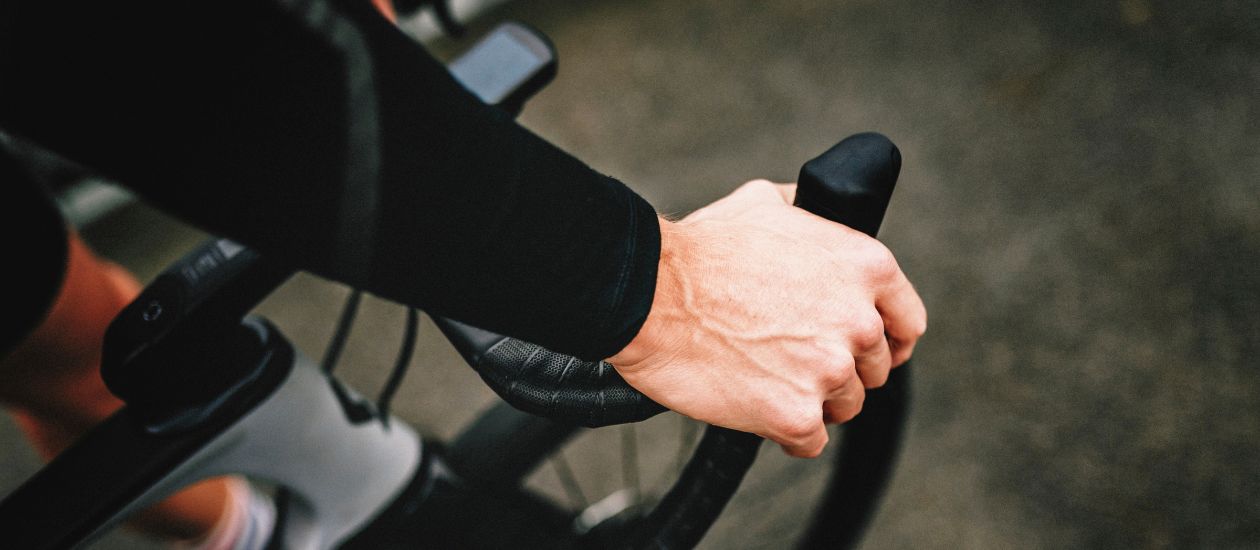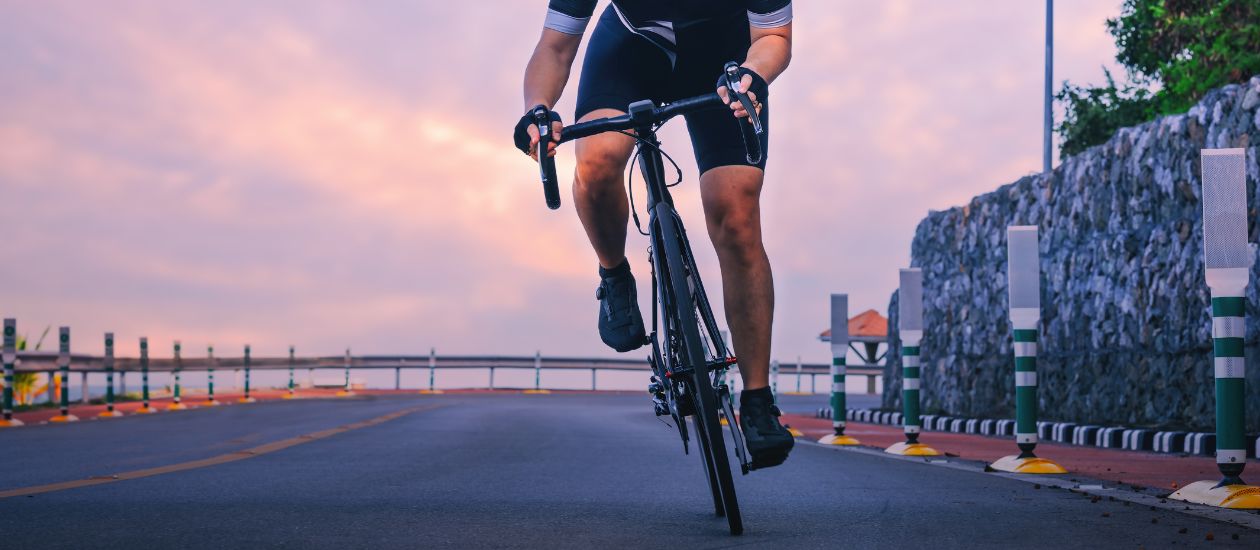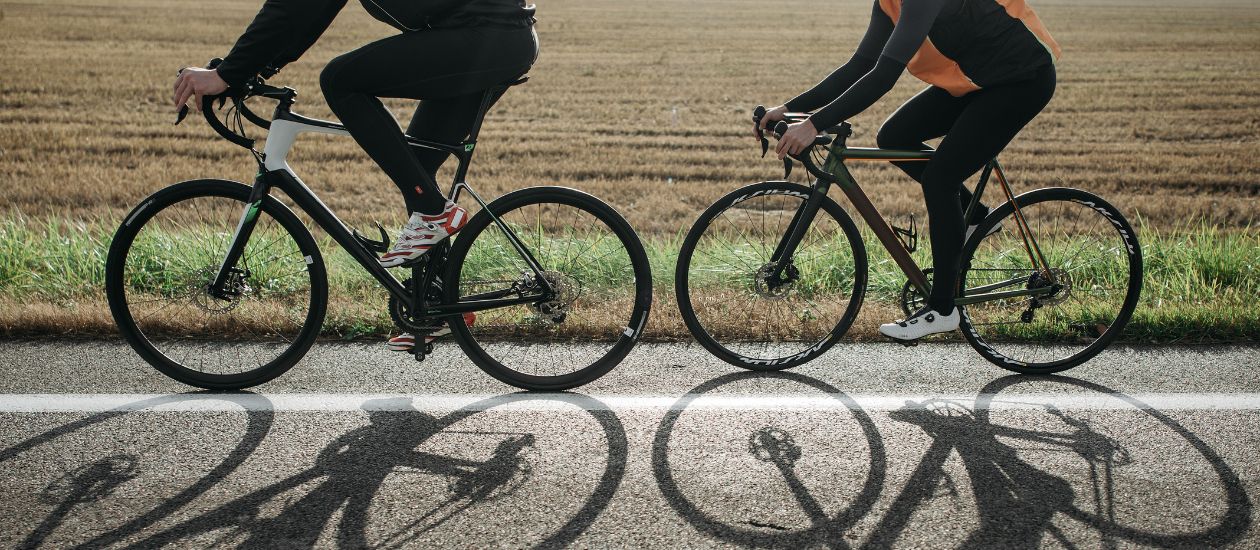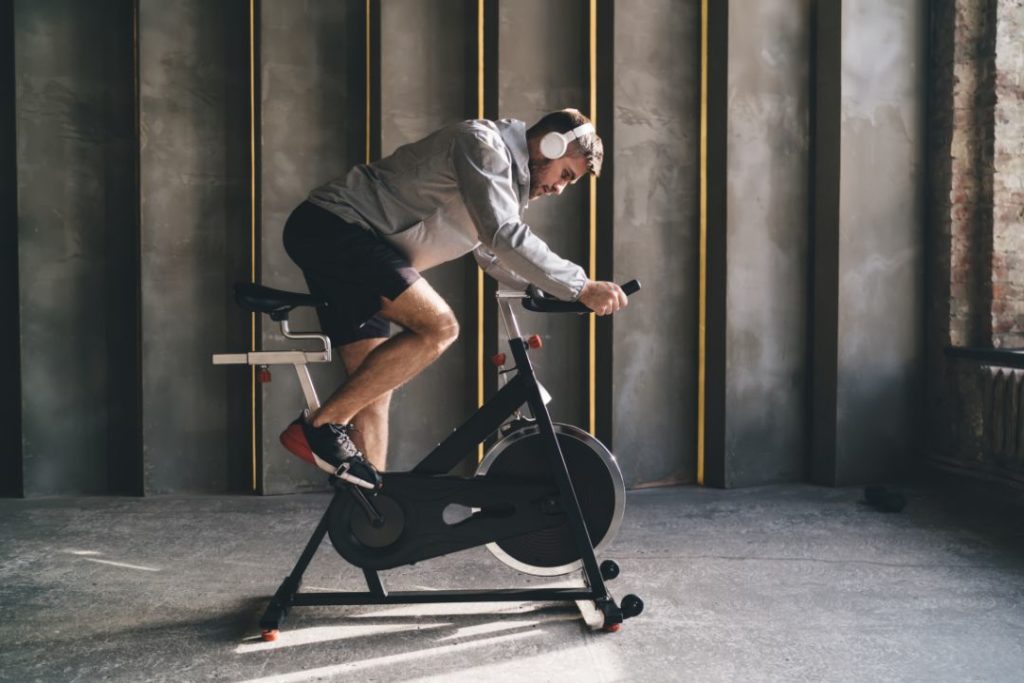For those who practise it, cycling represents a lifestyle that combines discipline, effort, and contact with nature. But did you know that this activity can also directly influence your immune system? This article will help you understand how pedalling can strengthen your defences, as well as the risks involved in not finding the right balance between training and recovery.
The relationship between cycling and the immune system
The immune system acts as a protective shield against infections and diseases. When physical exercise, such as cycling, is performed, a series of adaptations occur in the body that can enhance this natural barrier. However, the intensity and duration of the exercise are determining factors. While a moderate routine has positive effects, excessive training can compromise the immune system, leaving the body vulnerable.
Regular physical activity stimulates the circulation of immune cells, improving their ability to detect and combat microorganisms. Additionally, cycling outdoors allows you to breathe fresh air and soak up the sun, promoting the synthesis of vitamin D, an essential nutrient for an effective immune response.
Benefits of cycling for immunity
Among the many benefits of cycling, its ability to reduce stress stands out, as stress is one of the main enemies of the immune system. When you ride a bike, your body releases endorphins, the so-called “happiness hormones,” which help balance your mood and reduce levels of cortisol, a hormone that, in excess, can weaken defences.
Moreover, cycling promotes cardiovascular health, improving tissue oxygenation and strengthening organ function. An efficient circulatory system facilitates the rapid arrival of immune cells to areas where they are needed, optimising protection against pathogens.

Effects of overtraining on defences
Although cycling offers multiple benefits, excessive training can have the opposite effect. This phenomenon, known as exercise-induced immunosuppression, occurs when the body is subjected to extreme efforts without sufficient time to recover. Under these conditions, the body enters a state of chronic stress that diminishes the quantity and effectiveness of immune cells.
Symptoms of overtraining include persistent fatigue, an increase in respiratory infections, sleep disturbances, and decreased physical performance. Therefore, it is crucial to listen to your body and balance the intensity of exercise with adequate rest periods.
Nutrition and supplementation for cyclists
Nutrition plays a fundamental role in maintaining a robust immune system. For cyclists, a balanced diet that combines carbohydrates, proteins, and healthy fats is essential. Carbohydrates provide energy during training sessions, while proteins contribute to muscle repair and strengthening defences.
Additionally, certain micronutrients like vitamin C, zinc, and iron are key to immune health. Citrus fruits, nuts, spinach, and legumes are excellent options to include in your daily menu. In cases of high athletic demand, supplementation can be useful, but always under professional supervision.
Importance of rest in immune recovery
Rest is the great ally of the immune system. During sleep, the body dedicates itself to repairing tissues, regenerating cells, and strengthening defences. For cyclists, sleeping between 7 and 9 hours a day is indispensable, especially after intense sessions or long days on the bike.
Active rest is also an effective strategy. Engaging in light activities, such as walking or gentle stretching, promotes recovery without overloading the body. These breaks allow the body to recover and be ready for new challenges.

Practical recommendations to strengthen the immune system
If you want to maximise the benefits of cycling and maintain an optimal immune system, here are some practical recommendations:
- Find balance: alternate intense training with lighter sessions and full rest days.
- Stay hydrated: Water is essential to maintain the body’s homeostasis and facilitate the elimination of toxins.
- Include probiotics in your diet: Foods like yogurt or kefir help maintain a healthy gut microbiota, which plays a crucial role in immunity.
- Avoid stress: Incorporate relaxation techniques such as meditation or yoga to complement your training.
- Protect your health in winter: If you cycle in cold weather, use appropriate clothing to avoid colds and consider having a hot drink afterwards.
Cycling not only strengthens your body and mind but can also be an ally in defending your health. With balanced practice, a proper diet, and sufficient rest, it is possible to enhance your immune system and fully enjoy this passionate sport. Remember that listening to your body is key to maintaining performance and preventing injuries or illnesses
BKOOL is the most complete cycling simulator on the market. Try it for FREE for 7 days!
 Go to BKOOL
Go to BKOOL





